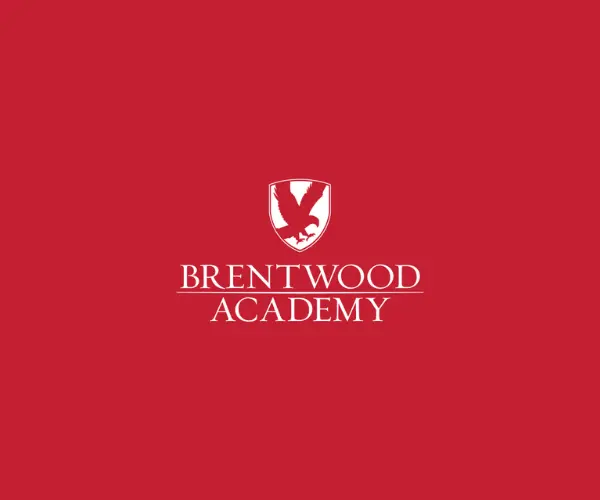The UK's Labour government has introduced a new 20% VAT on private school fees. In this article we discuss the impact, and the inevitable new approaches schools are taking.
The UK government, has outlined plans to impose a 20% VAT on independent school fees as of January 2025. It will also remove the business rates charitable relief that these schools currently enjoy.
This proposal has been a part of Labour's policy discussions since 2017; its something we’ve all known would be coming in the event of Labour’s successful election campaign earlier in the year. The tax increase is aimed at generating additional revenue, estimated to be around £1.6 billion to £1.7 billion annually (GOV.UK).
The UK Government argues that this revenue could be used to improve state education and provide more resources for disadvantaged students (GOV.UK) improving outcomes for disadvantaged pupils.
Who is the Private School VAT scheme affecting?
One major concern is that many fee-payers do so with significant self-sacrifice. Around 87% of pupils at private schools come from parents who are business owners, or have professional and managerial backgrounds. A 20% increase in fees could mean the difference between being able to afford private education for their kids or not.
The majority [of private schools affected] are made up of schools like mine where parents are making real sacrifices to pay the school fees because that's how they are choosing to prioritise their spending.
Headteacher Tony Oulton , Hulme Grammar School via Sky News
What Impact will VAT on Private School Fees Have?
Given that Greece is the only other country that taxes private school fees (since 2015), it’s difficult to predict exactly how the impact of this new legislation will unfold. The government itself has acknowledged that forecasting the outcomes is challenging. However, there are several predictions on its potential consequences:
More pressure on overstretched state schools
There are a number of concerns with these increased costs. Including how this is likely to push many parents to transfer their children to state schools, which in many areas like Surrey are already oversubscribed.
Following the announcements, state school applications already significantly rose between June and September of 2024, with over 3000 applications from children who were previously privately educated.
The increased demand for state school places could reduce the revenue the government expects to generate from this scheme. As a result, the plans to support disadvantaged pupils may backfire, as any extra revenue could be offset by the need to accommodate more state school students.
Labour have repeatedly stated that there is more than enough state school capacity to absorb private school pupils forced to move. They've argued that falling birth rates mean there will be enough space. However recent pupil figures actually show an increase of over 18,000 pupils from 2023-2024.
Less boarders - more day pupils
Boarding fees are considerably higher, so in many cases, it's likely families will cut back on boarding expenses to account for the uplift in costs.
More demand for International Schools
With typical UK private school fees ranging from £17,000 to £40,000 GBP, a 20% increas is no insignificant figure. Since many (high net worth individuals) HNWI's already own a second home overseas, or are expats, there will be a bigger draw to relocate children. This could mean a healthy increase in demand for British International Schools.
We can’t change government policy, but we can help schools react to this new fiscal reality. The likelihood is, those schools that do nothing, or who freeze activities and enter into ‘survival’ mode are those that put themselves at the greatest risk. In business, and let’s remember schools are in the business of education - adversity needs to be viewed as opportunity - with VAT on fees giving schools a marketing opportunity to stand-out, differentiate themselves and draw attention to the school through creating their own unique interpretation, narrative and message.
Dan Clarke, UBIQ CEO
In light of the impending 20% VAT increase and the removal of business rates relief for independent schools in the UK, it is crucial to maintain robust marketing efforts rather than reducing or ceasing marketing budgets.
Avoiding Panic Decisions
Instead of making hasty decisions, the most savvy heads of private schools are strategically planning ahead and finding creative solutions to adapt to the new changes.
- Subsidising the VAT for existing parents:
Consider a subsidy for existing families to help retain pupil numbers, as families adjust to the sudden increase. Many schools have already reviewed budgets to try and support existing families with a subsidy of typically 5 or 10% of the VAT as of January. Sadly this has often comes at a cost to funding for the likes of scholarships and bursaries often suffering. - Invest in Marketing through adversity
A recent survey showed that 21% of parents are considering moving their child(ren) to a less expensive private school within the next year. Whilst this may be frustrating news for top-tier independent schools, they are often over-subscribed and in a better financial position to withstand the shuffle.
On the other hand, this news presents an enormous opportunity for more affordable private schools who will now more than ever, need to invest in becoming visible online with search engine optimisation and paid digital advertising. - Streamline your tech-stack
Many schools still juggle multiple technologies for functions such as marketing and admissions, which can be both cumbersome and costly.
By adopting innovative solutions like AMAIS, schools can consolidate several tools into one efficient platform. AMAIS equips marketing teams with the data necessary for advanced personalization, enhances the efficiency of admissions teams, and helps in consolidating costs.











